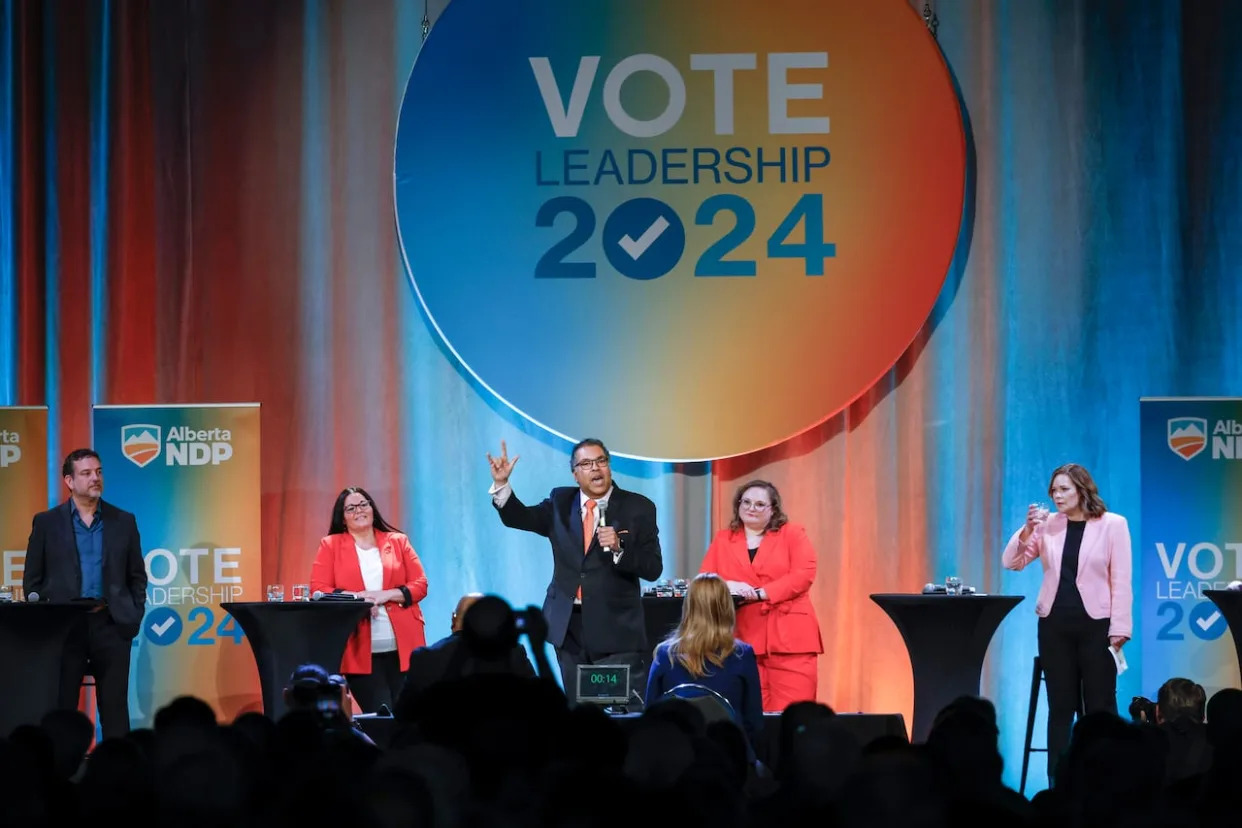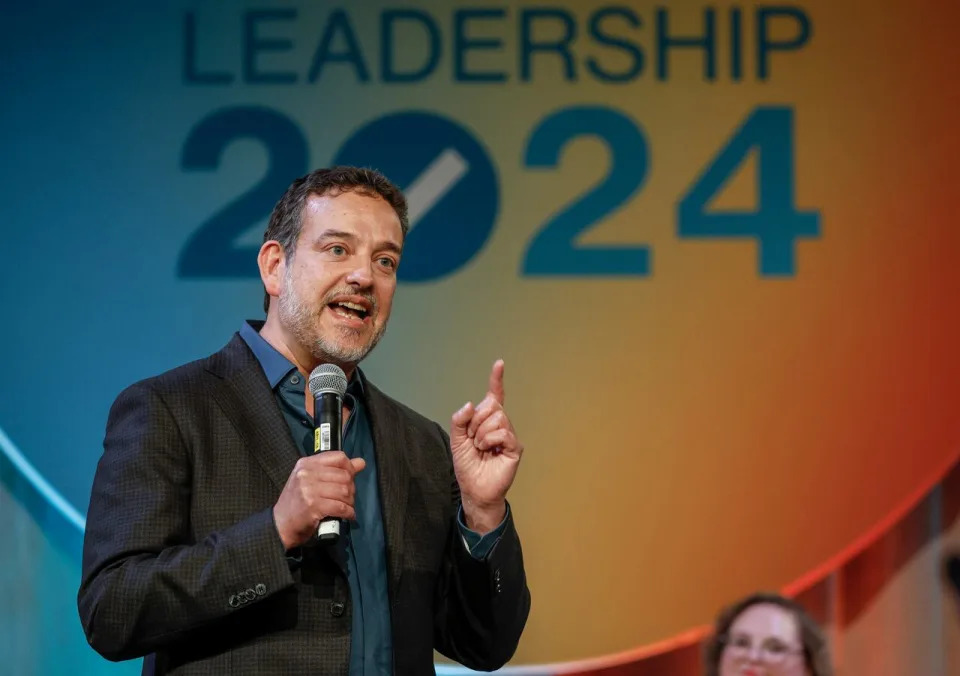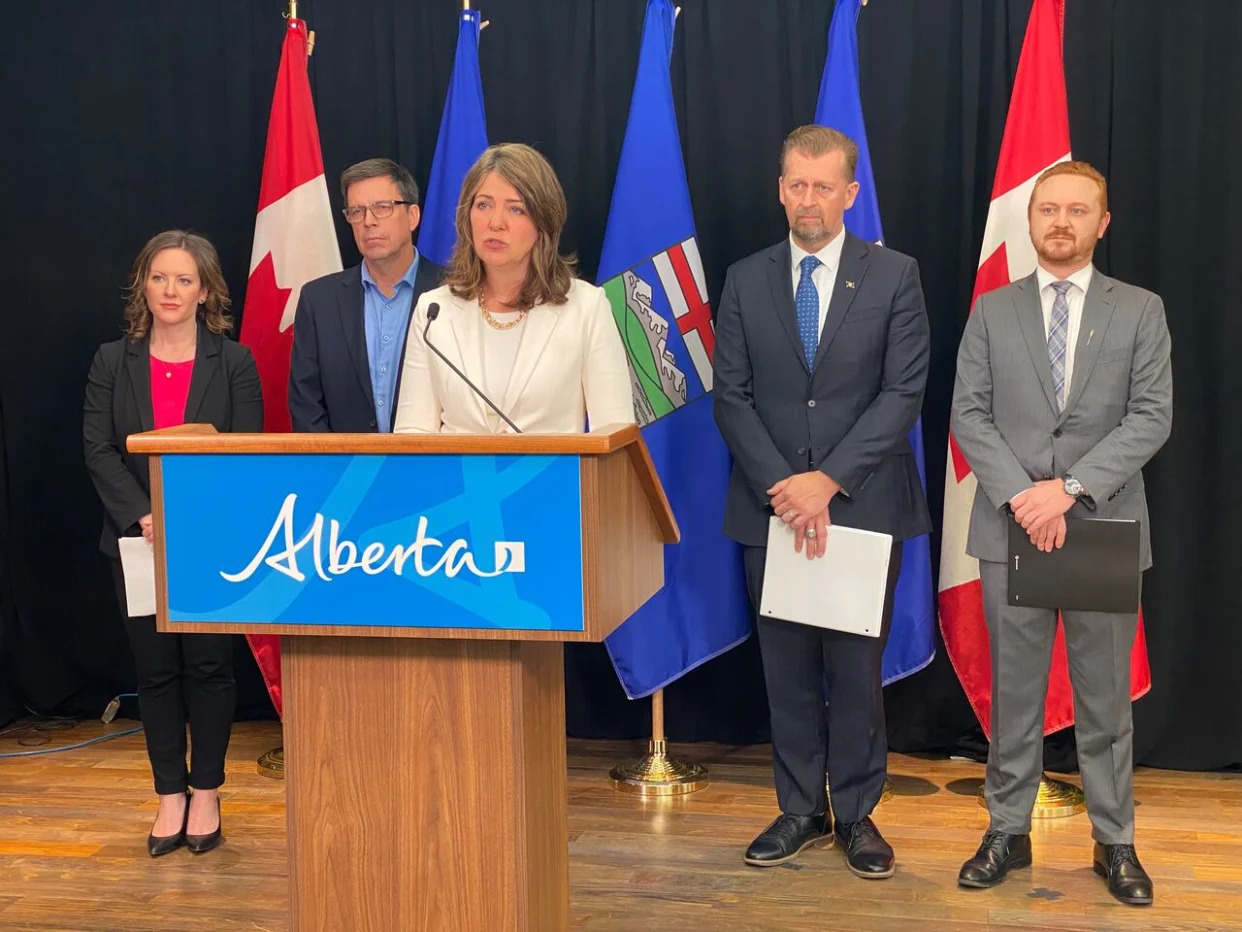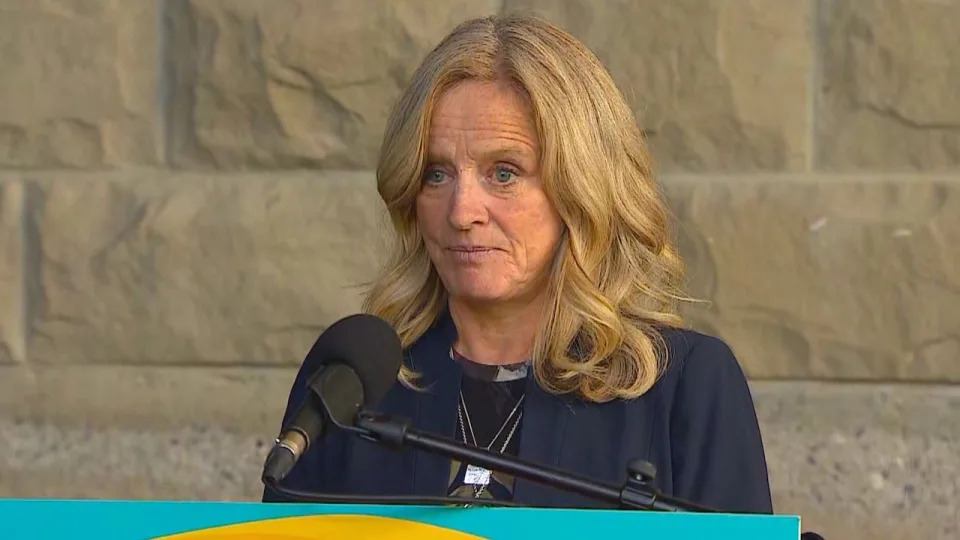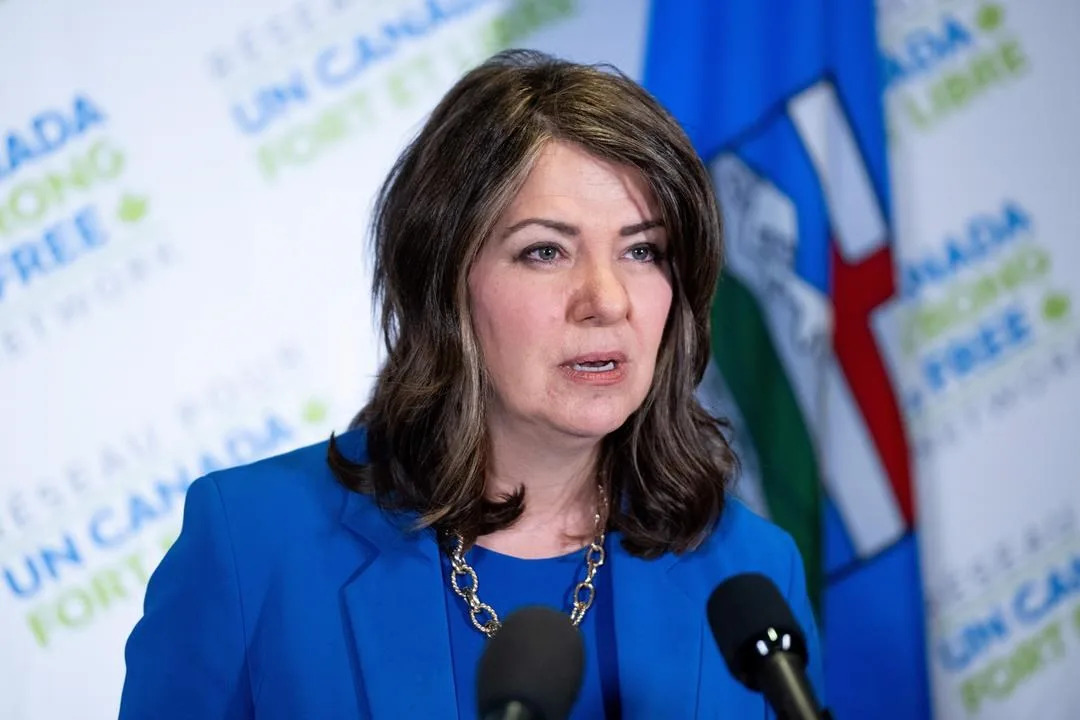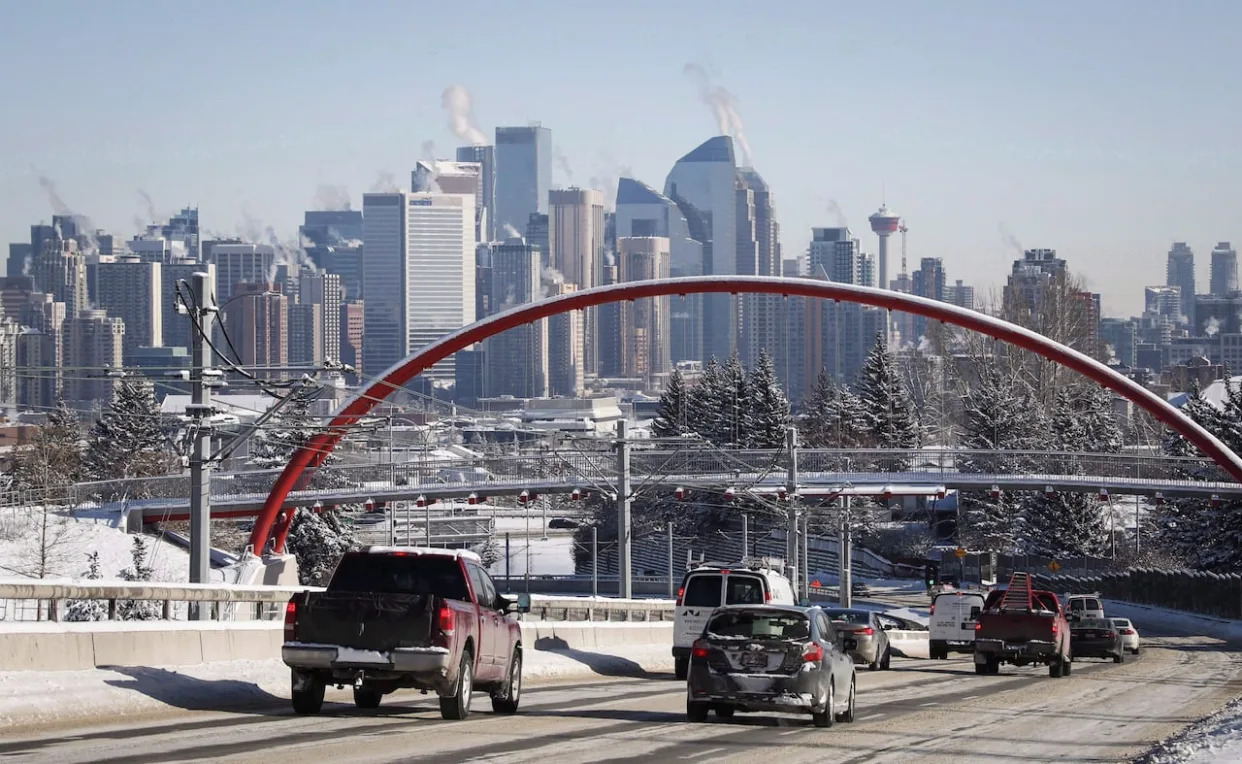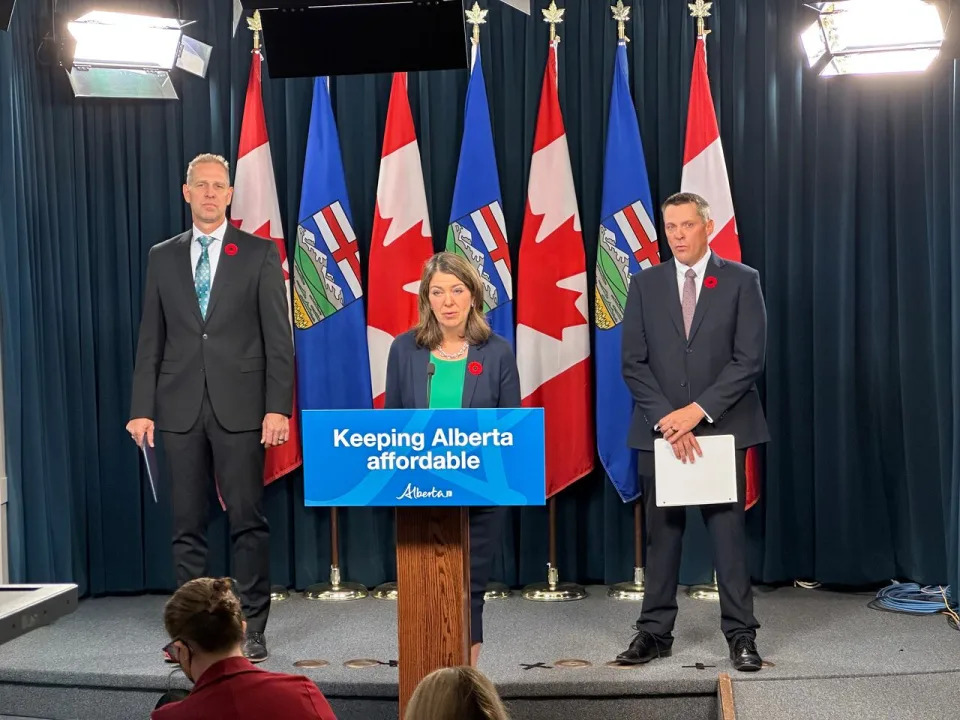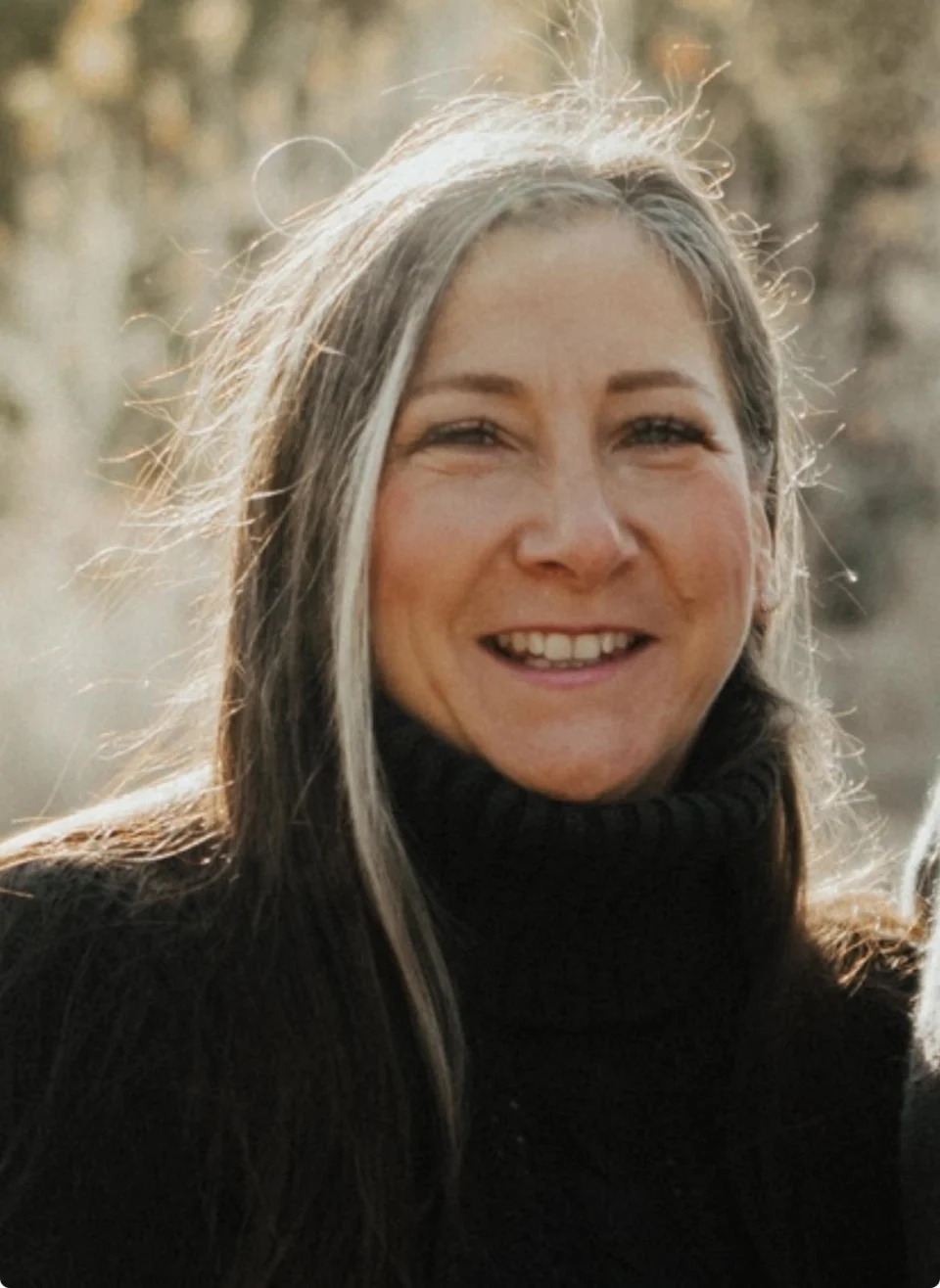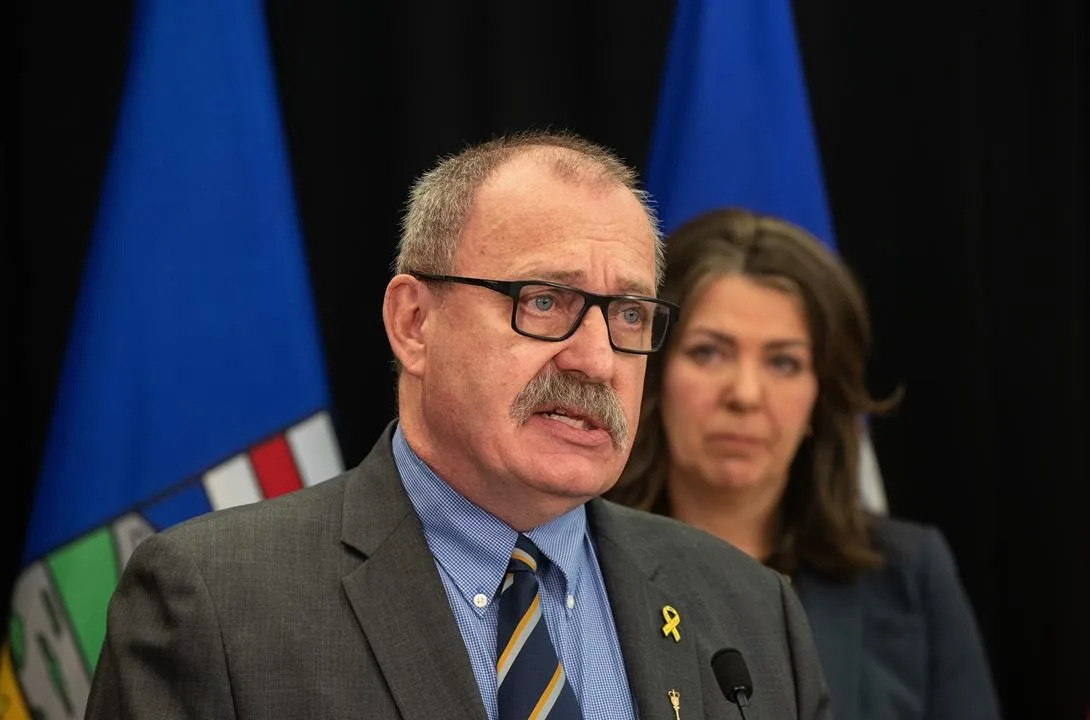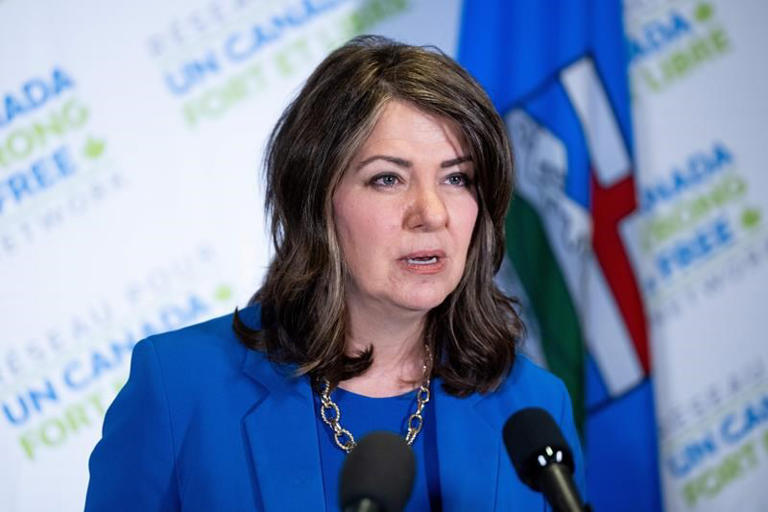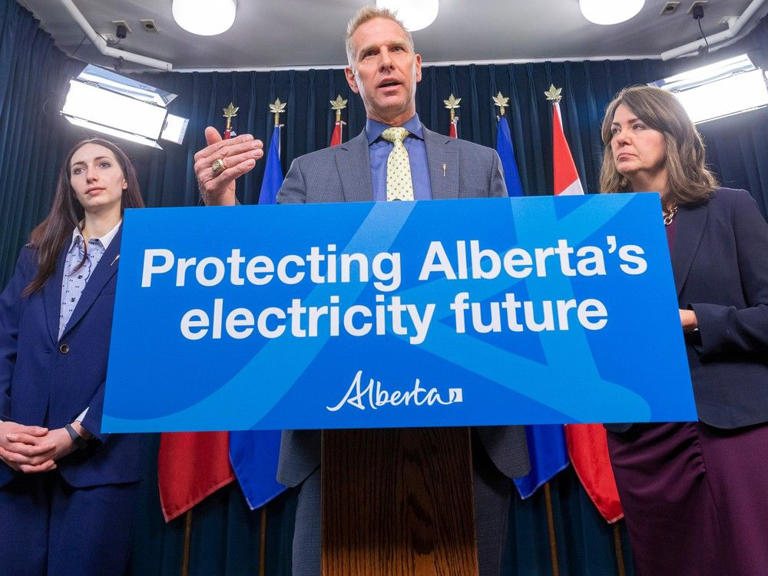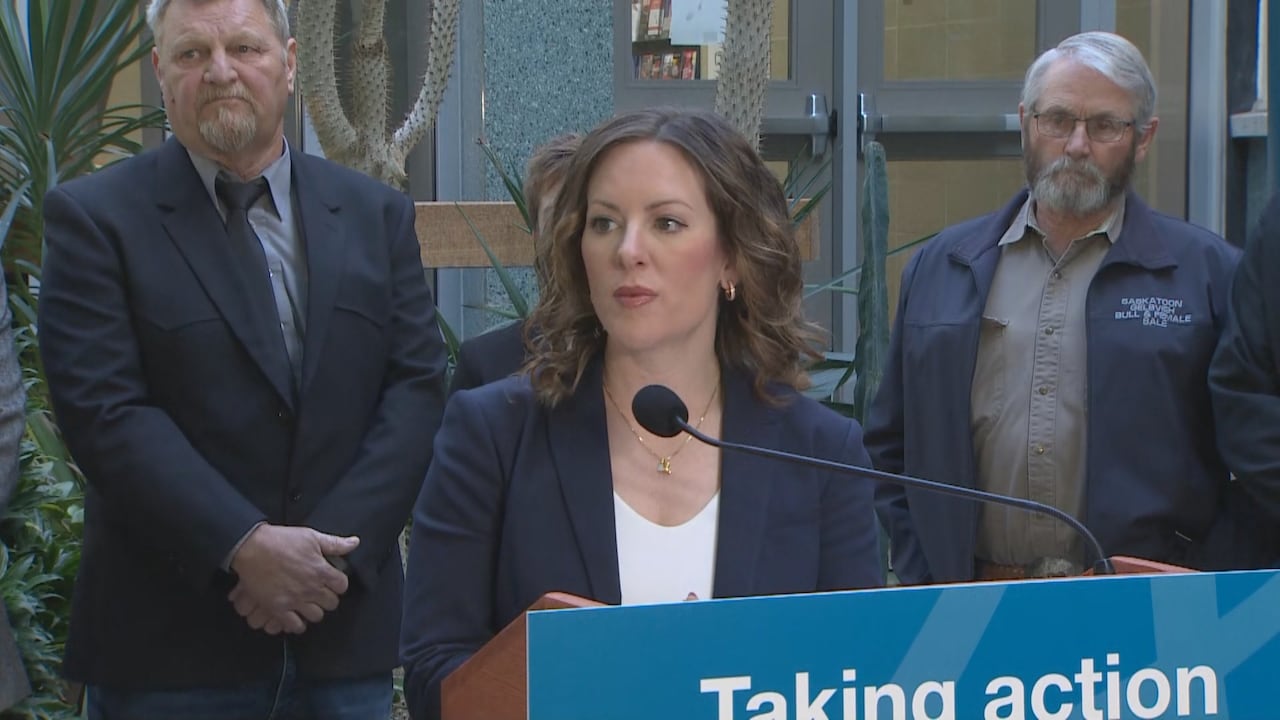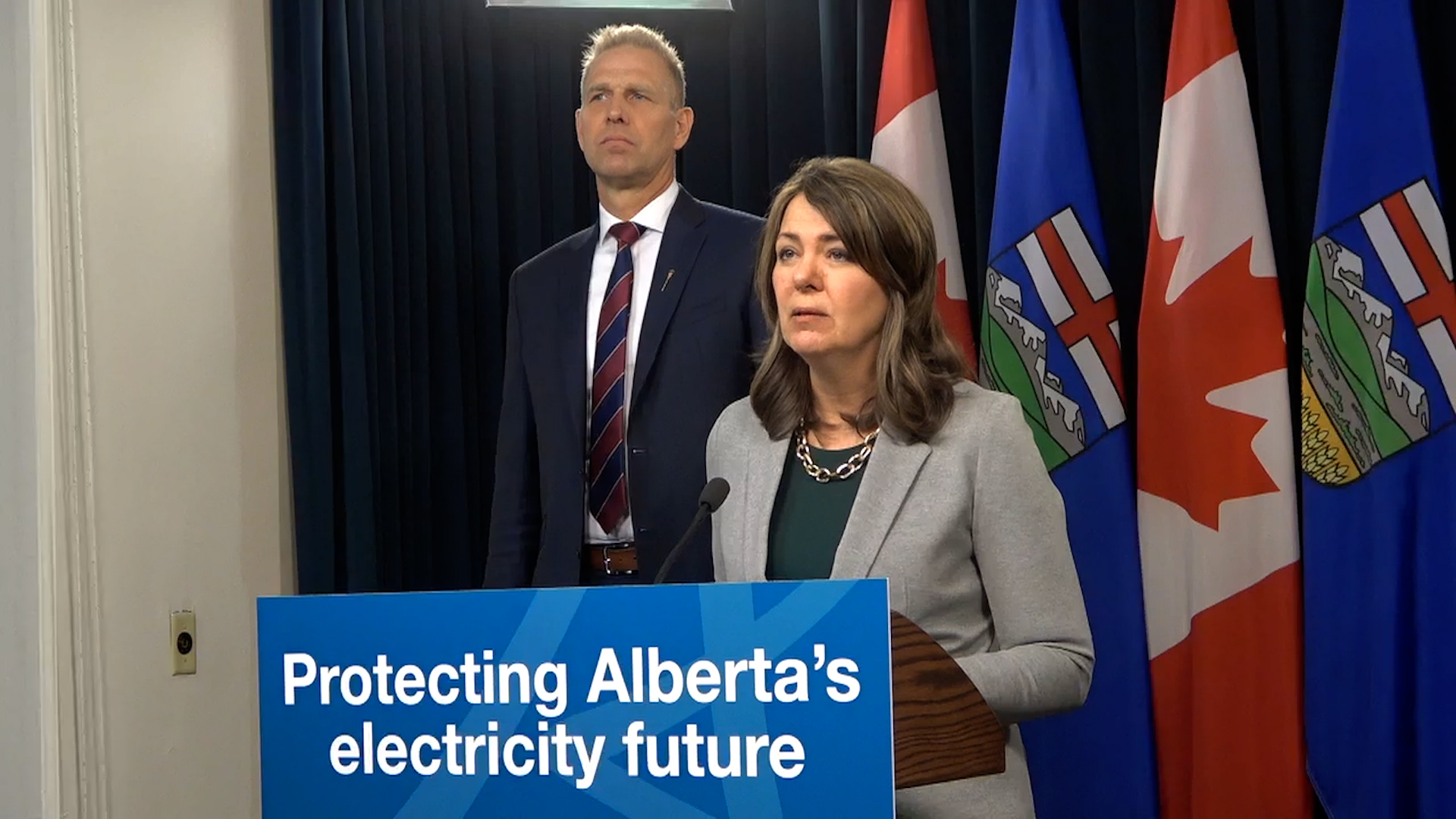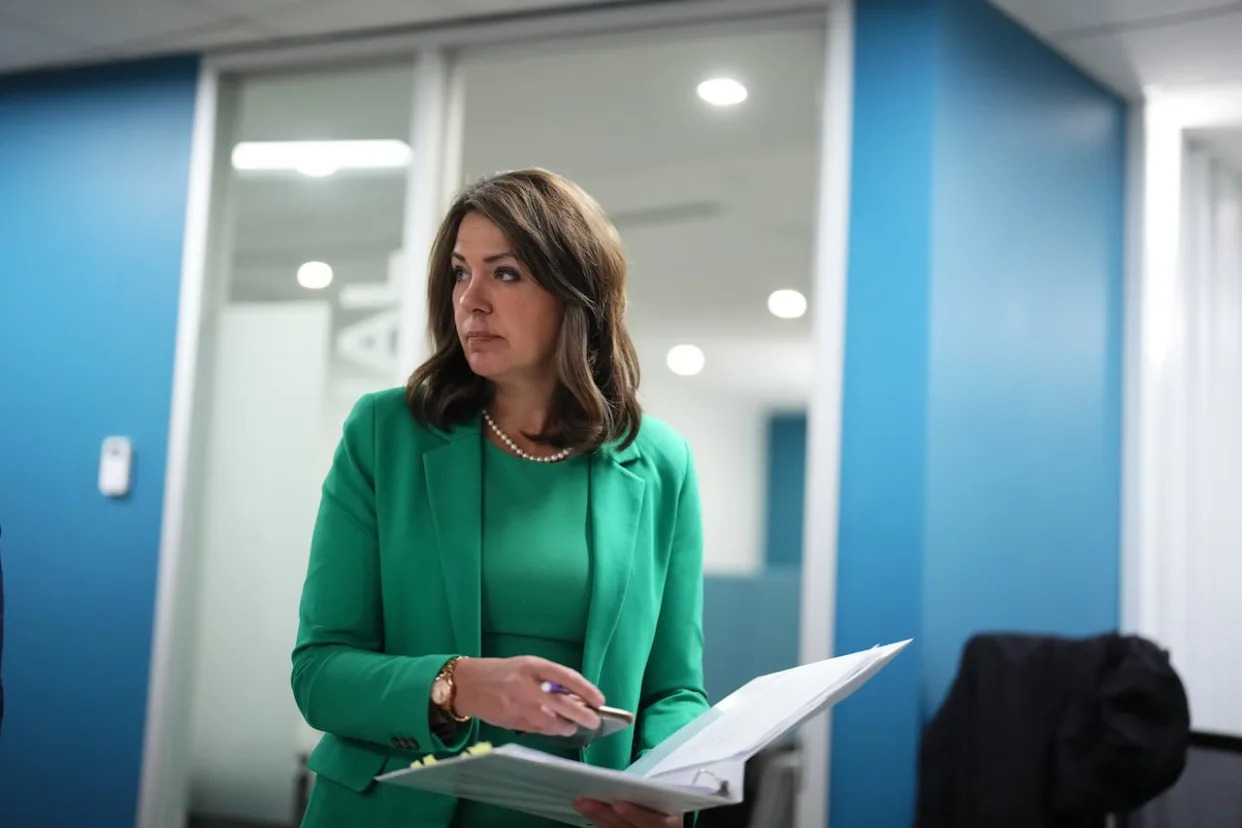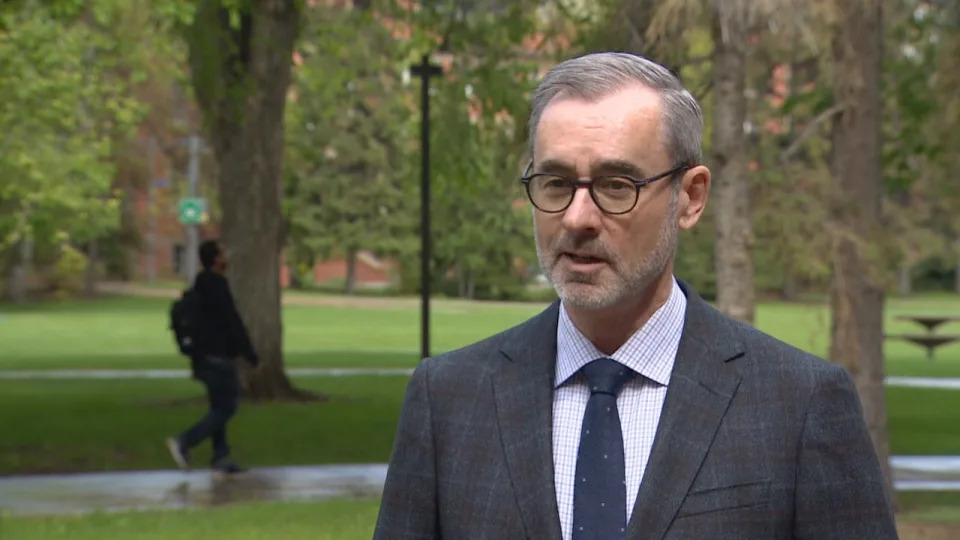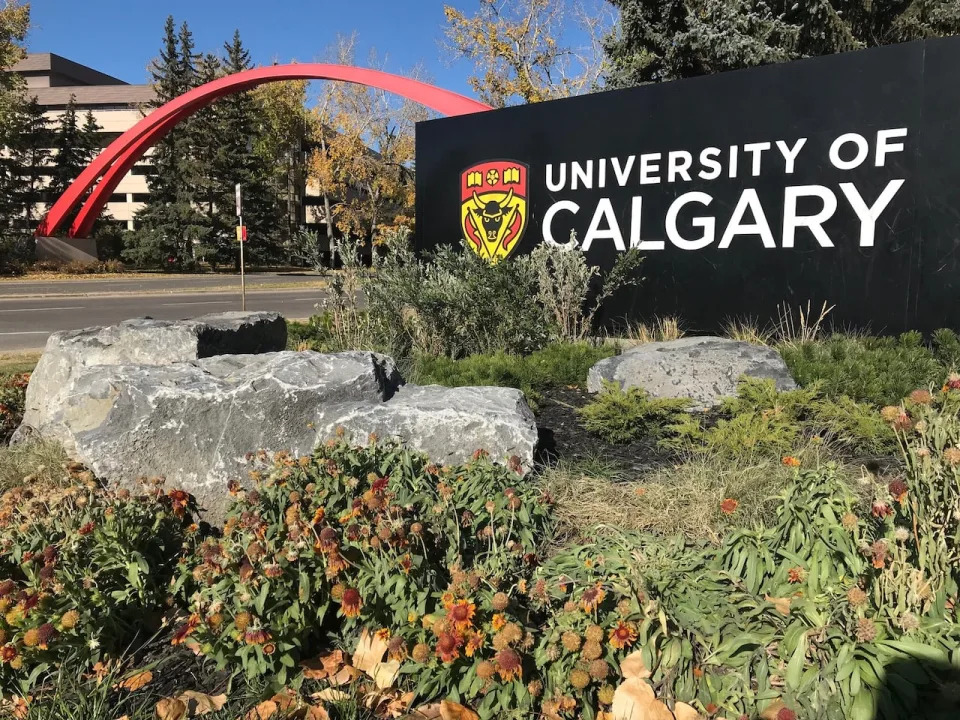The Rural Municipalities of Alberta fear trio of provincial bills are a power grab
The Canadian Press
Wed, May 15, 2024
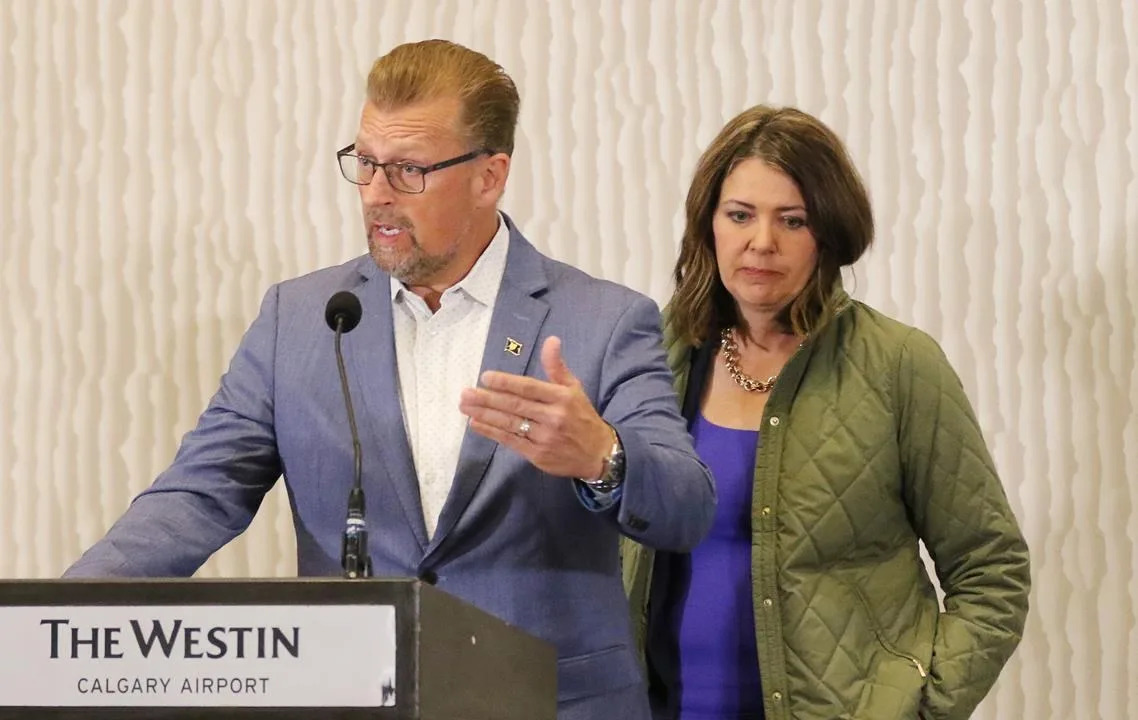
EDMONTON — Alberta's rural municipalities are teeing off on a trilogy of provincial bills they say erode trust and attack local authority.
Paul McLauchlin, head of the Rural Municipalities of Alberta, says proposed legislation giving the province the ability to take control of local emergency responses isn't salvageable.
He says Premier Danielle Smith’s government hasn't offered a clear explanation as to how this change will do anything other than confuse and complicate critical situations.
"They never really listened to what we wanted, which was better financial clarity as it relates to disasters -- more certainly financially when it comes to disasters -- and increased communication,” McLauchlin said in an interview.
The emergencies bill is one of three pieces of proposed legislation introduced in the spring sitting that sparked concern Smith's United Conservatives are making a gratuitous, unnecessary power grab.
One bill would give the province gatekeeping power to veto federal funding deals with cities and towns while another would give Smith's cabinet broad authority to fire councillors and overturn local bylaws.
Despite assurances from the government that the bills maintain the status quo, McLauchlin said he’s “starting to get paranoid.”
"Are you just trying to move authority more and more into ministerial positions, and (cabinet) ministers can start making these decisions without any input of municipalities?" he said.
Public Safety Minister Mike Ellis said the emergencies bill is about clarifying existing powers, not creating new ones.
"Paul (McLauchlin) is quite frankly incorrect,” Ellis told reporters in the legislature Tuesday, calling the negative reaction “misinformation.”
“We are just creating a reporting structure, which is very common in any sort of critical incident.
"There is nothing nefarious in any of these bills.”
Ellis also promised that if the province does take over an emergency response, it will pick up the costs.
Last week, Municipal Affairs Minister Ric McIver, a former three-term councillor in Calgary, also rejected the suggestion the bills are an overreach.
He noted the province already has legal authority over municipalities.
“That is our reach,” said McIver.
“Not only our reach, it is our responsibility. They may not like the bills, I accept that, but using the phrase 'overreach' seems inappropriate.”
McLauchlin said he views the bills differently.
"We're being put into a smaller and smaller box and the government is taking more and more authority away from us, which makes no sense based upon our past relationship with this government," he said.
"It is extremely hard for a conservative government to make rural Alberta mad, and they've done that successfully in three acts.”
One contentious element of the emergencies bill would allow cabinet, during a crisis, to quickly direct water use and allow temporary low-risk water transfers between major water basins without the possibility for an appeal to the Environmental Appeals Board.
That board is an independent body that hears complaints about ministry decisions on things like water licenses and environmental protection orders.
Environment Minister Rebecca Schulz pledged last week that the government will engage with municipalities before approving large-scale inter-basin transfers.
“What this change allows us to do is enable or approve a low-risk inter-basin transfer for the purposes of providing drinking water to a municipality,” she said, a move that has rarely been made.
McLaughlin said with industrial users wanting to siphon water for things like fracking during droughts, the move from the government demands more debate.
"Creating legislation to deal with rare instances is not the best way to govern a society,” he said.
The emergencies bill, if passed, would also move the fixed election date to October 2027 instead of May that year in an effort to dodge the potential disruption of natural disasters.
This report by The Canadian Press was first published May 15, 2024.
Lisa Johnson, The Canadian Press
